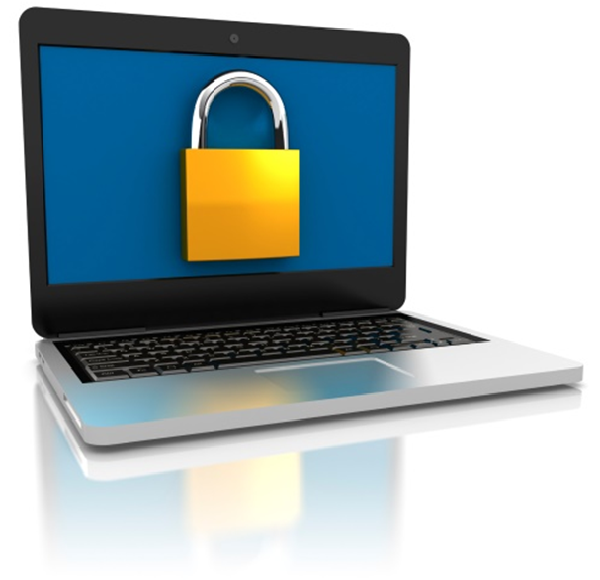
- February 14, 2022
- Rashmi T K
- 0 Comments
- 167 Views
- 0 Likes
- HIPAA
HIPAA & Devices
There’s a tremendous amount of discussion about HIPAA compliance and laptops and understandably so as everyone seems to be ditching the desktops in favour of laptops largely due to portability and ease-of-use. But there are also dangers associated with using laptops particularly when it relates to any storing, processing, and transmitting of Protected Health Information (PHI).
It’s no secret that a large and growing number of healthcare data breaches relating to Protected Health Information (PHI) are a direct result of laptop security breaches. From laptops being stolen or left unattended or even worse laptops containing PHI with no encryption, it’s time to get serious about the safety and security of both company-issued and employee owned laptops.
In today’s digital world, everyone is using some type of portable digital device, from laptops to tablets, and more. These great and helpful tools can also be come a dangerous catalyst for hackers and other malicious individuals who are on the lookout for these devices.
Hence here are few things that you can keep in mind while using your laptop:
- When emailing, use secure encrypted email utilities.
- When connecting remotely, use secure connections.A secure connection means just that something that is deemed safe and secure via industry standards, such as HTTPS or other protocols that ensure the confidentiality of the connection. Remember to pay careful attention to free WI-FI hot spots, as sometimes they can actually be SSID’s being broadcast by the “bad guys” just waiting to steal your information while online. Just do some quick due-diligence and make sure that SSID you’re connecting to at your local coffee shop is actually safe and secure.
- Anti-virus is essential.
- Firewall tools are a must
- Passwords are important.Skip the short, easy-to-remember passwords for laptop access and put in place something that uses a healthy combination of letters, capitalization, numbers, and other characters.
- Full laptop encryption.
- External Hard Drives, USB’s, Memory Sticks. A big no!!!!
- Asset Tagging. Check whether your laptop is tagged by your organization.



